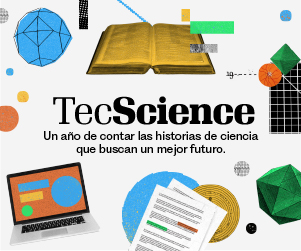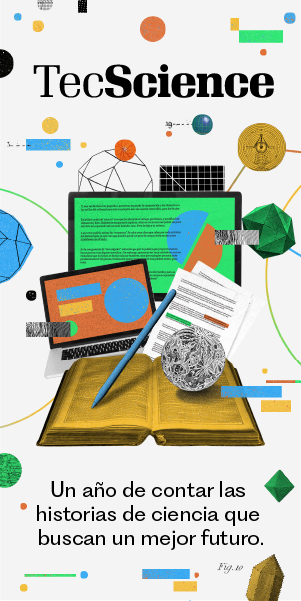The way that we manage natural resources is not sustainable. Our inability to decisively address the global climate crisis is our generation’s legacy. More importantly, it threatens our capacity to create a fairer and more equitable world, says Edmundo Molina, a researcher at Tec de Monterrey’s School of Government and Public Transformation.
He proposes creating decision-support system tools in order to analyze the different paths that exist when attempting to solve a problem.
“We’re expecting something to happen, but we don’t know how to contribute. I propose developing tools that allow us as consumers, private enterprises, and governments to identify those actions with the most cost-benefit that contribute to combating climate change,” he explains in an interview with TecScience.
For the data science specialist, it is clear that although the scientific evidence shows human activity is accelerating global warming, nobody knows where to begin.
“We need action on many different fronts. Consumers need to decide to use their cars less and eat less meat; companies need to decide to switch to electricity for industrial use; and the government needs to encourage these practices,” he says.
Data science vs. climate change
In an article published in the journal Nature on the need for these tools, Molina argues that we currently have access to unprecedented amounts of information and data on climate change, which are available via platforms such as Climate Watch and the Climate Trace project.
“Accelerating climate action requires harnessing the power of decision-support tools in new ways. This vision cannot be realized without interdisciplinary computational scientists who are capable of integrating knowledge from the environmental, social, and cognitive sciences,” he remarks.
The tools this researcher proposes would receive inputs from databases precisely such as these, which would enable decisions to be made on specific problems caused by climate change.
“As each problem is specific, a specific tool needs to be designed for each problem. It’s not enough to have three research groups around the world; the demand is much higher than that. We need armies of people who know how to make rigorous tools,” he says.
Molina’s research group has already prepared similar tools to guide this process, one example being to help the Chilean government decarbonize its economy.
“It asked which combinations of regulations, investments, and infrastructure would have to be made in order to help decarbonize the Chilean economy, while generating economic benefits at the same time,” he explains.



















